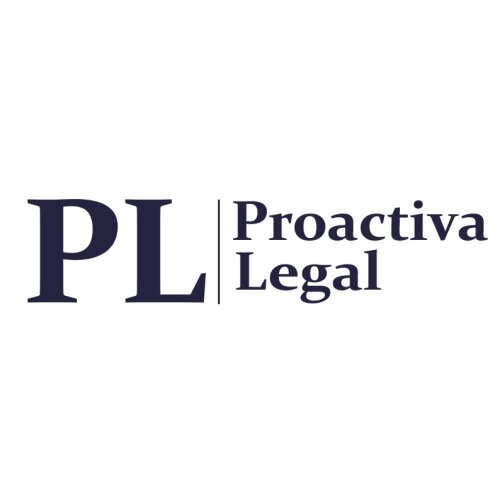Best Civil & Human Rights Lawyers in La Paz
Share your needs with us, get contacted by law firms.
Free. Takes 2 min.
List of the best lawyers in La Paz, Bolivia
About Civil & Human Rights Law in La Paz, Bolivia
The field of Civil and Human Rights in La Paz, Bolivia encompasses legal protections intended to preserve the dignity, equality, and civil liberties of individuals and groups against discrimination and oppressive policies. These rights are not only enshrined in the Bolivian constitution but international human rights agreements too, such as the Universal Declaration of Human Rights and the American Convention on Human Rights, to which Bolivia is a signatory.
Why You May Need a Lawyer
Legal assistance may be necessary in scenarios where your civil or human rights are violated, which can include discrimination based on race, gender, age, disability, or nationality. Lawyers can also be invaluable in situations involving state oppression, violence, or mistreatment, unlawful detentions, and infringements upon freedom of speech or assembly. Their expertise can guide you through complex legal landscapes and help in demanding justice and compensations where warranted.
Local Laws Overview
The Bolivian constitution ensures equal opportunities and treatment to all individuals, forbidding any form of discrimination that infringes upon dignity, well-being, and equality. Local laws also guard the right to justice, legal defense, and judicial guarantees. It guarantees rights pertaining to freedom, life, integrity, security, and protection among others. Laws also protect individuals against slavery and forced labor, arrests or illegal detentions, and recognizes the inherent rights of indigenous people.
Frequently Asked Questions
What are some of the fundamental civil and human rights in Bolivia?
Key rights include the right to life, integrity, health, and education, freedom of speech, assembly, and religion, protection from torture, inhumane treatment or punishment, and the right to fair and equitable justice.
Are international human rights law applicable in Bolivia?
Yes, Bolivia is a signatory to several international human rights treaties, which form part of the Bolivian legal system and are directly enforceable before the courts.
What is the role of the Ombudsman in Bolivia?
Known as "Defensor del Pueblo", the Ombudsman protects and promotes human rights by investigating complaints against government actions, and opens dialogue with governmental institutions to address these issues.
How does Bolivia classify discrimination?
Bolivia has a broad classification for discrimination incorporating factors including race, age, gender, sexual orientation, language, religion, political or ideological views, economic status, health status, physical or psychological disability, and more.
What rights do indigenous people have in Bolivia?
Indigenous people are recognized as pre-colonial nations and communities. They have the right to self-government, territory, consultation, and prior consent, respect for their cultural identity, values, languages, beliefs, and institutions.
Additional Resources
Besides legal counsel, several organizations can provide assistance. These include the Bolivian Permanent Assembly for Human Rights, the Ombudsman's Office (Defensor del Pueblo), and the Ministry of Justice and Institutional Transparency. International NGOs such as Amnesty International also operate within Bolivia.
Next Steps
If you need legal help concerning civil and human rights issues, consider contacting a legal professional experienced in this field who can help assess your case. Familiarize yourself with the Bolivian law and your rights under it, and reach out to the governmental bodies and organizations mentioned previously for guidance and support.
Lawzana helps you find the best lawyers and law firms in La Paz through a curated and pre-screened list of qualified legal professionals. Our platform offers rankings and detailed profiles of attorneys and law firms, allowing you to compare based on practice areas, including Civil & Human Rights, experience, and client feedback.
Each profile includes a description of the firm's areas of practice, client reviews, team members and partners, year of establishment, spoken languages, office locations, contact information, social media presence, and any published articles or resources. Most firms on our platform speak English and are experienced in both local and international legal matters.
Get a quote from top-rated law firms in La Paz, Bolivia — quickly, securely, and without unnecessary hassle.
Disclaimer:
The information provided on this page is for general informational purposes only and does not constitute legal advice. While we strive to ensure the accuracy and relevance of the content, legal information may change over time, and interpretations of the law can vary. You should always consult with a qualified legal professional for advice specific to your situation.
We disclaim all liability for actions taken or not taken based on the content of this page. If you believe any information is incorrect or outdated, please contact us, and we will review and update it where appropriate.
Browse civil & human rights law firms by service in La Paz, Bolivia
La Paz, Bolivia Attorneys in related practice areas.









